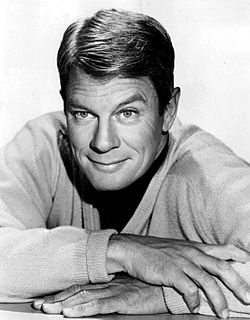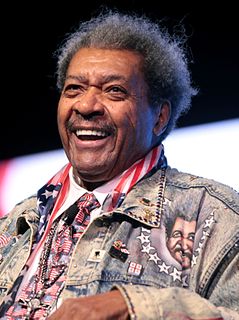A Quote by Fred Willard
I loved Bob Hope and the way he would turn to the camera and break the fourth wall.
Related Quotes
In drama, you're interacting with other actors to tell the story. The camera is like the theater: it's the artistic fourth wall. In a screen play, you don't look at the camera and communicate with it. But with hosting, you're looking right into the lens and talking to the people. It is a different style, and it's fascinating.
Like everyone is either, "I grew up with it," or "I loved it," or loved them now. And when you watch The Muppet Movie now, it is so current. It's like The Simpsons before The Simpsons. It's not as cynical as The Simpsons would be but it's self-aware and there are a billion jokes, it breaks the fourth wall every five minutes, it's astounding, it's awesome. It's very exciting to be a part of that.
The only thing that's real in any universe [is] that brilliant fire of Love that burns to the exclusion of everything else. As we recognize the presence of Love, we break through the wall of grief that would try to convince us that the dear soul with whom we have learned and loved so much no longer exists, or that she or he cannot speak with us. There is no wall that Love cannot vaporize. We may believe in death, Love doesn't.
My hope is that the film Wall Street 2 will actually serve as a way for us to bridge that gap between Wall Street and Main Street. Certainly that's dealt with in the film of how it does affect everybody, so, you know, I always find that when you can create a movie or a play or a book that gives somebody a safe theoretical place to discuss what is really going on in the day it tends to forward discussion, so that would be my hope coming out of the film.
When you are interviewing someone, never let your camera person turn off the camera. The second you turn off the camera, they'll say the magic thing that you'd been looking for the whole interview. People want to relax after the performance is done. Don't be afraid of awkward silence. That is your friend.
































